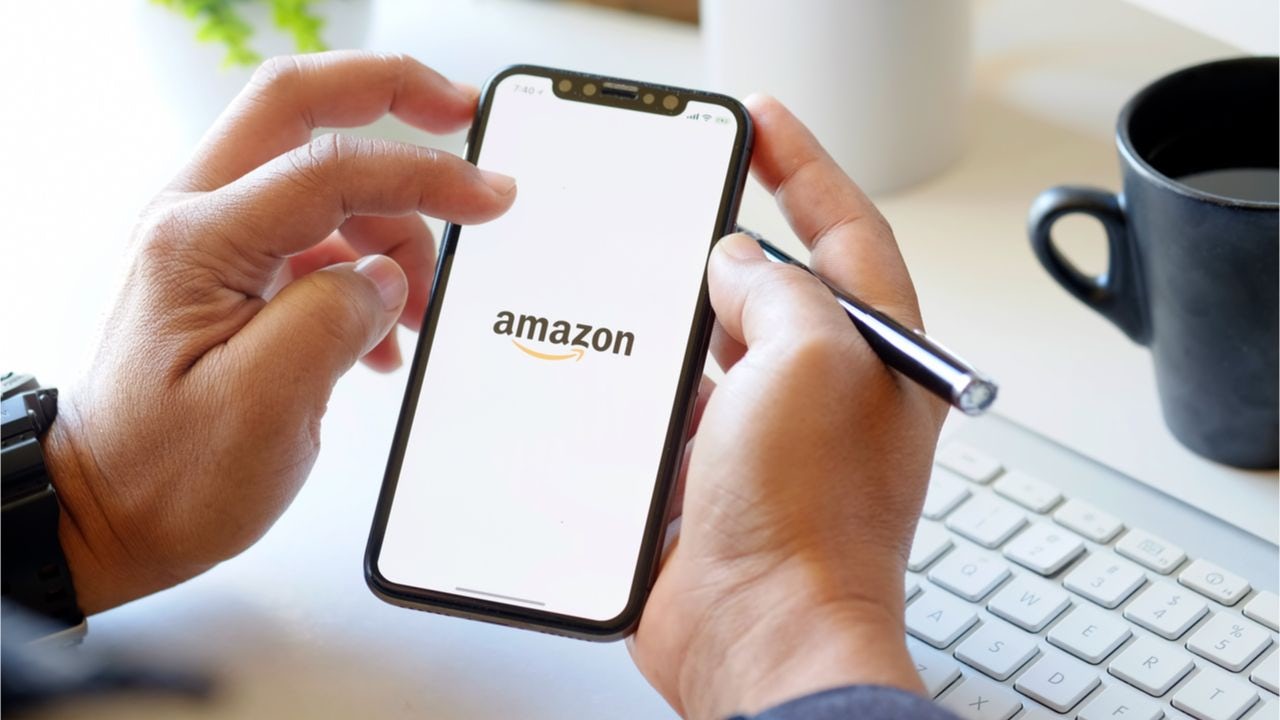Starbucks customers in China can now order their coffee using Tmall’s Genie smart speaker, and although major consumer brands respond to China’s growing enthusiasm for voice assistants, luxury brands are still grappling with the basics of mobile e-commerce. Now that consumers are more comfortable with their voice, will luxury marketers be at the back of the line when they finally wake up?
The global coffee giant announced the launch of the new service, which allows its customers to place orders for delivery or in-store pickup, on September 18. Currently only available with the Tmall Genie, the Starbucks collaboration aims to create a highly personalized customer experience by utilizing multiple Alibaba features and platforms including the Ele.me delivery platform and Xiami Music.
Chris Donnelly, Founder & CEO of the London-based luxury digital agency Verb Brands, regularly briefs his clients on recent developments in voice-assisted technology. He says the widespread adoption of voice technology represents an inevitable shift to a more natural type of interaction between brands and consumers. Coming from a world of traditional values, luxury brands are naturally cautious about how to approach this change. “How they do so will, in large part, depend on limitations or allowances of the particular platforms,” Donnelly says. “Most importantly, any implementation of voice needs to be done for good reason. Adopting a voice assistant for the sake of it risks looking out of touch.”
A few premium brands have already experimented with this tech in China and other markets. Alibaba has adapted 14 beauty brands, including La Roche-Posay, Kérastase, and Sisley, to its Tmall Genie Queen: a voice-assisted smart mirror that gives personalized suggestions on skincare products. Meanwhile, Volkswagen, Audi, and Renault work with Tmall Genie for voice-assistant devices in vehicles. When some of these services — including a voice-activated video player designed for the family room — were released at a conference last spring, the general manager of Alibaba AI Labs, Miffy Chen, noted that they “want to upgrade the experiences people have in these three major living spaces.”
Most importantly, any implementation of voice needs to be done for good reason. Adopting a voice assistant for the sake of it risks looking out of touch
It's easy to see why this is possible. The market for smart speakers has shown impressive growth in China during 2019 thus far. Research by the global technology market analysts Canalys showed quarterly shipments of devices doubled in the second quarter to 12.6 million. One driver of that expansion was the strong sales of Baidu’s Xiaodu speaker, which was launched in 2018. With sales of 4.5 million, Baidu dislodged Google as the second-largest seller of smart speakers worldwide.
Even though smart speaker technology is quickly evolving, today’s devices lack the AI capabilities luxury brands would prefer them to have. In the way many overseas luxury brands initially had reservations about embracing Chinese e-commerce platforms like Tmall, they now fear that the uniformity of voice and stilted experience of smart speakers dilutes the “luxury” factor too much for their taste. Donnelly says, however, that the technology is almost certainly developing to a point where it will soon resonate well with luxury brands. “Many luxury customers are used to human personal assistants, so the more human the tech can become, the more likely it is to gain their trust,” he says.
Another challenge for luxury brands will be to adapt their tone to fit the still-nascent conventions of voice tech. Just as social media has developed a distinct language, form, and tone that differs from traditional media and marketing, so too will voice-assisted marketing. Donnelly says that voice-assisted tech demands a more colloquial tone, which is a more comfortable fit for household brands and everyday services than for luxury brands. “For luxury, the pain point is to maintain the feeling of exclusivity when voice is (somewhat literally) a lingua franca to interact with brands,” he says.
The Starbucks collaboration with the Tmall genie could prove a useful case study for luxury brands exploring the voice-assisted retail space. Starbucks believes it can draw on a variety of tools to provide a highly convenient and useful service without compromising the consumer experience. Orders are managed via the delivery platform Ele.me, but payments are processed through the customer’s Starbucks account. That means Starbucks can retain a direct relationship with the consumer, allowing the brand to inspire affinities and reward purchases with its loyalty program.
Alibaba’s Xiami music platform adds yet another degree of personalization. With this feature, customers can listen to Starbucks playlists while they wait for their coffee — an added value that cleverly brings the Starbucks experience into the customer’s home. Paying attention to these little details is what can help luxury brands create a distinctive, memorable, and personalized voice-powered experience for their consumers. But in these early days of voice tech, Donnelly says luxury brands should begin with a firm focus on adding value.
“Given that older luxury consumers still prefer ‘bricks’ to ‘clicks,’ initial applications of voice should, at the bare minimum, offer information on opening hours and directions to stores,” he says, adding that from there, brands can flesh out their voice offerings. “Perhaps answering more conversational types of questions that guide consumers to discover luxury products and services as well as content that can effectively tell the story behind the product or brand that truly conveys the craft and heritage,” Donnelly adds.
Tempting as it is for marketers to focus on making direct sales via voice assistants, Donnelly says brands should focus on addressing the matrix of questions customers may ask in the buildup to making a purchasing decision. “Any other information tied to the final transaction — such as materials, source, delivery, returns, and history about that specific product or service — is the sort of information that the consumer would expect to have instant access to,” says Donnelly.
There's no arguing that AI-powered voice assistants have the potential to deliver convenience, personalization, and an online-to-offline experience that's so often associated with the needs of digitally native Gen Zers. But Donnelly said that the technology’s “imminent” future is about a much broader trend. “Any tech advance brings naysayers, but the shift to more natural ways of interacting with brands is well underway,” he says. Stop thinking about Gen Z or Millennials and start thinking about how to be in the spaces your customers want to find you in.”

